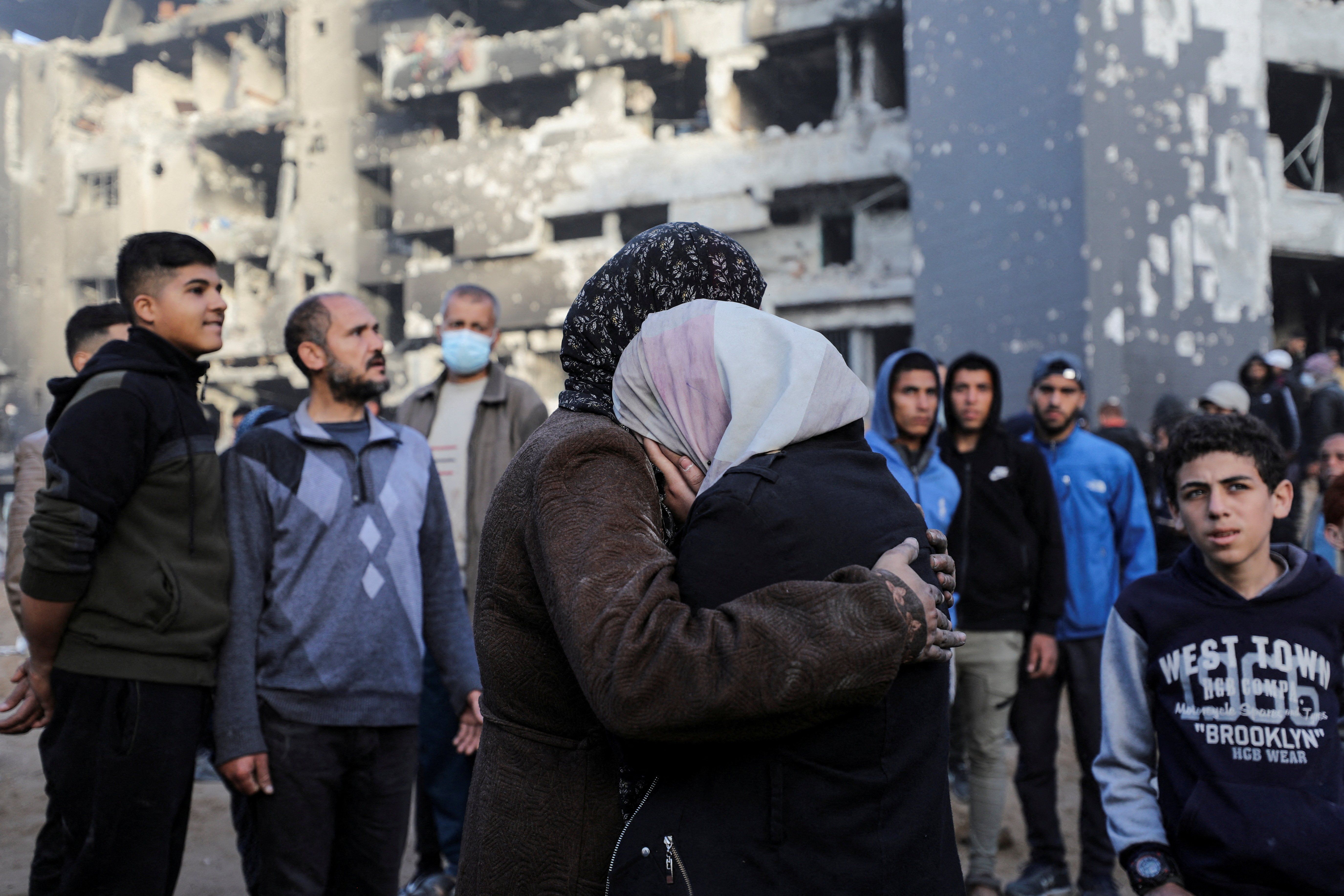The Israeli military on Monday confirmed its withdrawal from Shifa Hospital, Gaza’s largest health facility, concluding a raid that lasted roughly two weeks and sparked criticism from the WHO and international rights groups.
Israel says the raid, which reportedly left the hospital in ruins, destroyed a terrorist base and may have garnered intel that could help locate hostages held by Hamas since Oct. 7, 2023. Israel’s war tactics are increasingly being scrutinized globally, including by the US – the Jewish State’s top ally.
At home, Israeli Prime Minister Benjamin Netanyahu is facing a serious domestic backlash over his handling of the war. Tens of thousands of Israelis took to the streets over the weekend to call for his removal and a hostage deal. Meanwhile, Netanyahu’s coalition is threatened by divisions over conscription exemptions for ultra-Orthodox Jews.
Is Rafah next? Netanyahu pushed back against critics on Sunday, noting that he has done all he can to secure the release of the Israeli hostages – and saying that Rafah remains in his sights.
The US and Israel held a virtual meeting Monday on alternatives to invading Rafah, but few expect Netanyahu – who has said there will be “no victory” without entering Rafah – to change course.
Busy Bibi: On Monday, Netanyahu also announced he would temporarily
shut down Al Jazeera in Israel,
referring to it as a “terror channel” and accusing the Doha-based outlet of participating in the Oct. 7 attacks. In yet another sign of the growing rift between the US and Israel, the White House said: "A move like this is concerning.”
